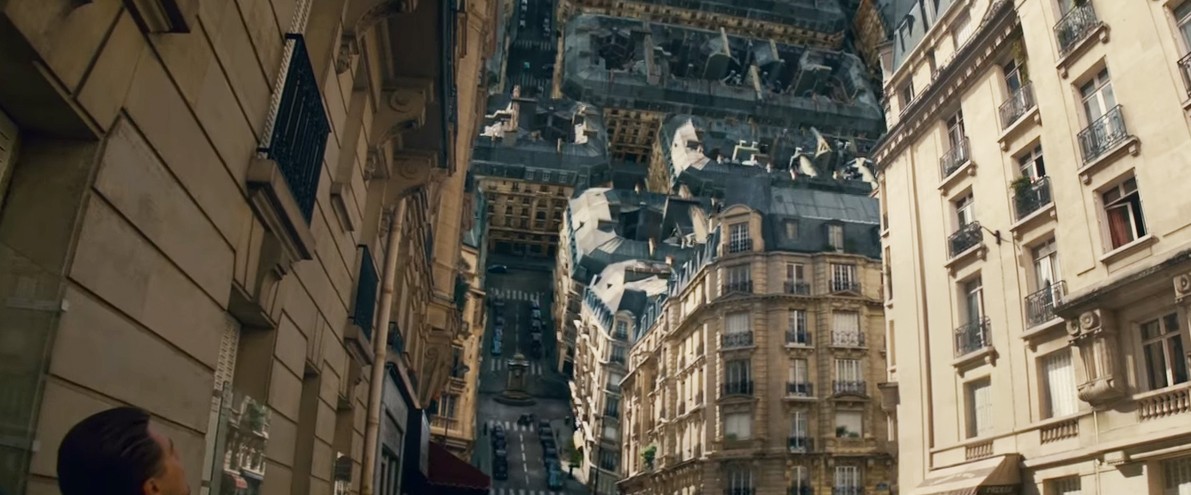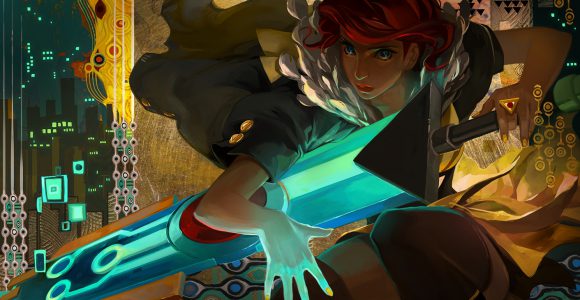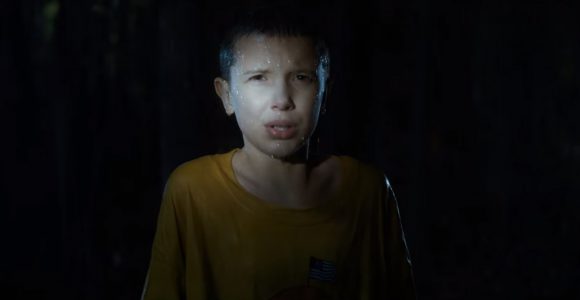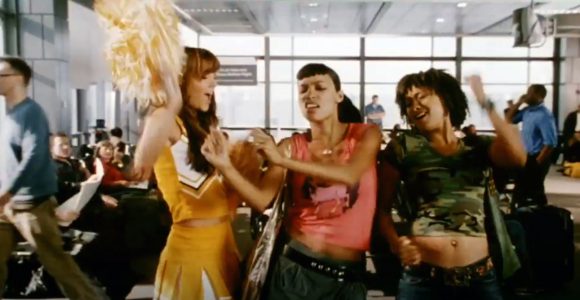I’ve been waiting for Inception for a long time—ever since I saw the previews, ever since I saw Dark Knight, ever since I read that Christopher Nolan had been crafting the script for some ten years. Inception was marketed as that 2010 summer movie that would add narrative depth and cinematic awe to all the meaningless, mediocre scifi regurgitations and reboots that plagued 2009 (GI Joe, Star Trek, Terminator Salvation, Transformers 2, to name a few).
So my problem is first and foremost coming to terms with my disappointment after seeing Inception, and second figuring out why the movie failed to do something truly great. In Andrew O’Hehir’s review of Inception at Salon, the subhead reads “Christopher Nolan’s much-hyped thriller is a joyless, awkwardly constructed mess,” and I unfortunately have to agree.
There’s no doubt that Inception is visually spectacular. The architecture of each setting (with the exception of the third level of the dreamscape) and the costume design give off that out-of-time noir I loved in Dark City, and the dream physics in Nolan’s interior worlds are as much a marvel as the postmodern martial arts were in The Matrix. And of course Inception has the same incredible soundscape that we experienced in Dark Knight.
Despite all these achievements, Inception’s narrative flaws keep it from leaving a permanent impression on my brain, like Dark City and The Matrix have. I’ve noticed that a lot of people who love this film are prone to lashing out at critics because they believe the critics don’t understand what’s going on. But the reality isn’t that we don’t “get it” so much as we just don’t care: without a powerful conflict and powerful characters to drive a movie, it doesn’t matter how “layered” or “complex” the details of the plot are.
For one, Inception has no central antagonist, and so it’s not clear what counts as the central conflict until almost the very end. Of course, this isn’t a plea to plant a mustachioed villain into Inception so that we can have someone to blame for all the evil in its world (if there is any to begin with). I like my antihero as much as you like yours, but why should we root for a gang of dream-diving criminals who are struggling to prevent one corporation from creating a monopoly so that some other corporation can go on with business as usual? Should the posse get a pat on the back for brainwashing an otherwise innocent (filthy-rich and clueless) young esquire? It’s definitely a cool heist, but I don’t see anyone except high-powered executives feeling heroic about pulling off the caper.

Maybe the caper is all beside the point. I accept that the whole heist is morally ambiguous, like all heists should be in an amoral world. There’s nothing more we can say about that. So maybe the central conflict is Cobb against Cobb? That is, Cobb coming to terms with the possibility that he’s indirectly responsible for his wife’s suicide, and therefore responsible for destroying his family.
I like to think about the relationship between Mal and Cobb in contrast to the relationship between Annie and Chris in What Dreams May Come. Both Annie and Mal are trapped in a liminal space that can only be breached by that of their soulmate; Annie is trapped in Limbo unable to come to terms with her suicide, and Mal lurks beneath the subconscious waiting for Cobb to return to her. In What Dreams May Come, we empathize with Annie and Chris more so than we do with Inception‘s couple, because Annie and Chris are believable as a family, yet we never see (or can conceive of) Cobb or Mal as parents in Inception. It may be because we get to understand both Annie and Chris independently of each other in What Dreams May Come. In Nolan’s movie, however, “Mal as Mal” is not a character, so we don’t have this opportunity. Mal, as a projection of Cobb’s subconscious, is supposed to represent Cobb’s insecurities, but instead her destructive behavior reflects more of Cobb’s perception of her than his perception of himself through her. The struggle unfolds too literally, as a struggle of Cobb against Mal rather than Cobb against himself. The movie wants us to empathize with the two as a couple so that we can get to that dramatic end scene. However, the problem is that we don’t have any reliable conception of Mal and Cobb’s relationship, and so the vision of Mal is ultimately erratic, incomplete, and incoherent. And while this may have been Nolan’s intention, it doesn’t make getting a hold on the film’s central conflict any easier.
The four-sleeps-deep dreamscape is a pretty neat idea, if not a tired one. We should definitely laud Nolan for developing all the intricate rules involved in entering, operating within, and waking from the dreamscape—I’m sure we’ll see these rules reinforced in Inception for the PS3 and/or various role-playing game adaptations. Yet, since we’ve approached the dream argument from all kinds of angles in scifi since it was first articulated by some long-dead philosopher, we can no more laud Inception‘s originality on the basis of employing this concept any more than we can laud Avatar for having any originality whatsoever. We’ve seen less complicated versions of Inception’s dreamscape in the simulated realities of The Thirteenth Floor, Vanilla Sky, Total Recall, and of course in the “evil daemon” of The Matrix—and these were all better executed. All Inception does with the question of What is real? is dress it up in a cliché via an interminably boring series of long, melodramatic monologues and sleepy, slow-motion action scenes. And worst of all, Inception concludes with one of the oldest cop-out clichés of all time: once we’ve been returned to the waking world, Nolan prevents us from seeing whether Cobb’s spinning top (which symbolizes his anchor to the waking world) falls, so as to leave us questioning the outcome of their heist and whether they “actually” resurfaced from the dreamscape.
I guess my impression after seeing Inception was something akin to, “been there; done that,” and it leaves me a little uninspired.



